When Carlsberg snapped up trendy London Fields in 2017, craft beer was booming. So what does its sale tell us about the market in 2021?
A lot can change in four years. When Carlsberg snapped up the trendy London Fields Brewery in Hackney in 2017, craft beer was exploding into the supermarkets, and it would have been hard to imagine anything but smooth sailing for the brand.
After all, it had the heritage of the capital going for it (which sells incredibly well abroad), a booming domestic market hungry for new and interesting brews, and an owner ready to invest. Yet sadly, last week Carlsberg (now the Carlsberg Marston’s Brewing Company after merging with Marston’s in 2020) shuttered the entire London Fields business, launching a consultation with its staff and kicking off the search for a buyer.
CMBC CEO Paul Davies said last week the move “no way reflects upon the hard work and dedication that has been put into building LFB since we purchased the brewery in 2017. But after several months of careful review, it is clear that growing LFB will require significant time, resource, and marketing investment.”
So why ditch it? And what does it tell us about the craft market in 2021, and where it could be heading?
“I don’t think it was an issue with the brand itself,” says one industry source.
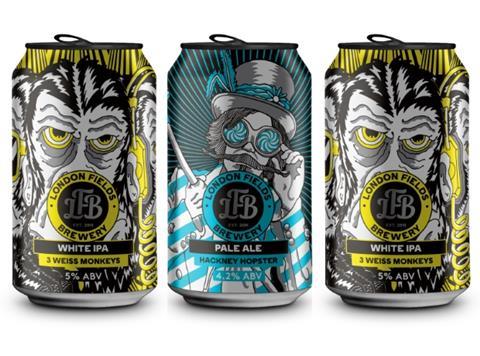
Rather it lacked the kind of distribution that the likes of Beavertown and Camden already had when they were purchased. Small brands often think an acquisition will give them simple access to scale, they add, but that is frequently not the reality once deals close.
“You walk into these partnerships assuming there will be the opportunity for scale, but it’s so much more convoluted. You can lose nimbleness and agility without gaining the automatic plug.” London Fields “wasn’t a huge player in grocery or the managed on-trade, so it just became a bit of a fizzle”.
The brand never really got anywhere in the supermarkets: over the last year its leading brew, Hackney Hopster, dropped 31.7% to just £27,601 in the mults, for instance [NielsenIQ 52 weeks to 11 September 2021]. Next to the more successful Brooklyn, which Carlsberg has distributed in the UK since 2016, let alone the craft brews it gained with the merger, London Fields could have begun to look unnecessary.
How its other acquisitions have fared
Camden Town: Bought by AB InBev in 2015 for £85m. Hit hard by covid but its Hells and Pale Ale are now supermarket mainstays, worth £25.9m in the mults [NielsenIQ 52 w/e 11 Sept 2021].
Beavertown: Heineken bought a 49% stake in Beavertown in 2018 in a £40m deal. Its Neck Oil brand is the UK’s 14th biggest ale with sales of £12.5m, while Gamma Ray is 30th [NielsenIQ].
Fourpure: Bermondsey brewer bought by Lion in 2018. Its range was rebranded in 2021 to make it more mainstream, but none of its brands yet rank among the UK’s 50 biggest lagers or ales.
Meantime: Bought by SAB Miller in 2015 but overtaken by InBev and Heineken-owned rivals in the supers. Morrisons was the only big four retailer to stock its beers online at the time of writing.
Timing was an issue too. When it bought London Fields, Carlsberg’s eponymous lager and Export brews had been seriously struggling for years. Moving distribution to DHL also didn’t help, according to a second industry source, who says the tie-up was “fraught with difficulties” leaving irate retailers “unwilling to entertain a broader range”.
Then after Covid hit, the merger became top priority. Put simply “[brewers] are potentially heading into another difficult period and it is all about cost right now, rather than growing younger brands”.
Survival mode
Indeed, the message from the industry is the big boys – and the supermarkets – are content with what they’ve got when it comes to craft. Then there’s the return of the big weekly shop thanks to Covid, which saw retailers switch from multibuy-driven small pack ranges to volume-focused 4x330ml multipacks from bigger brands with reliable distribution.
“There’s been range rationalisation in the mults,” says Nick Dolan, founder of independent retailer Real Drinks, which also sells beer into the mults. “Craft pre-pandemic was all about trial, but afterwards it became more about ‘is the brewer operating? Can they get stock?’”
With shoppers also spending less time browsing the fixture, “you need something that has made a big enough impact above the line and has enough people that know about it”.
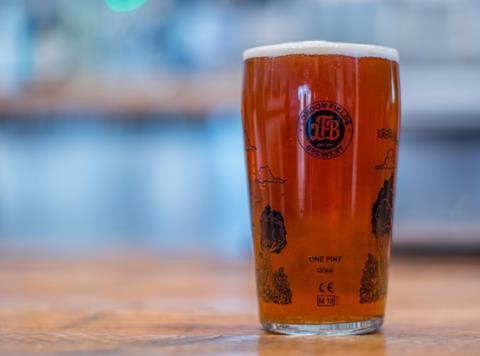
“If you get a new listing for a small brewer on a [supermarket] shelf, nothing else sells it apart from the brand, when in my store we would give it the ‘Rolls Royce treatment’ and talk [shoppers] through all the individual aspects,” Dolan says. “In the past, my own personal view is some buyers would put [beers] up that didn’t have enough recognition in the public consciousness.”
Many smaller brewers have also been hit by the on-trade’s woes, which can have a knock-on effect on availability in the off-trade. “Brewers that are suffering might not be able to afford to develop as many new products or pay to have the minimum cans to get stuff on shelves.”
So for now it seems the ‘gold rush’ era of craft is over in the supermarkets. However, range rationalisation in the mults has given independents, who for a long time were on the back foot and out-priced by the mults on bestselling craft lines, a real point of difference again.
“We have taken advantage of that and have products that might [previously] have gone into supermarkets but haven’t,” says Dolan. “We are seeing good sales.” Cheers to that.







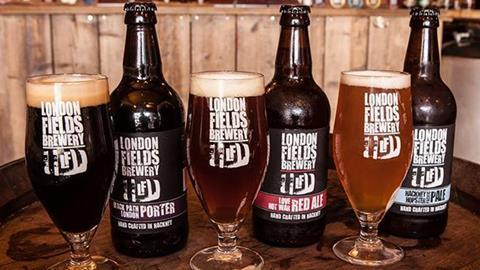
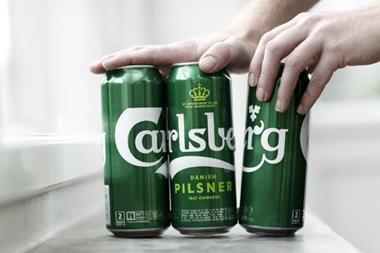
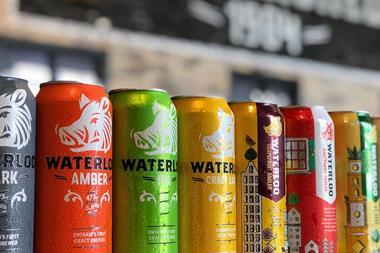
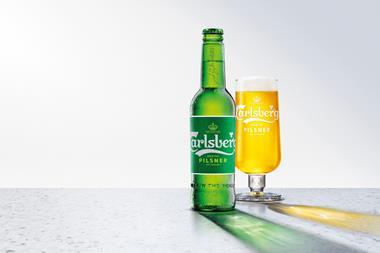
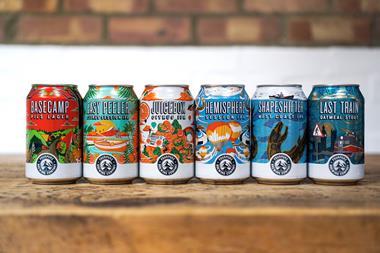
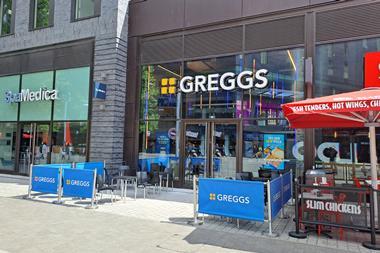
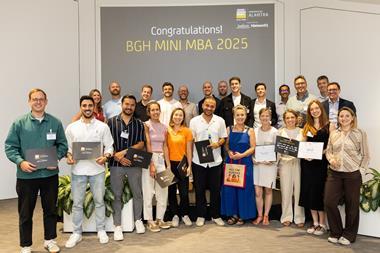






No comments yet